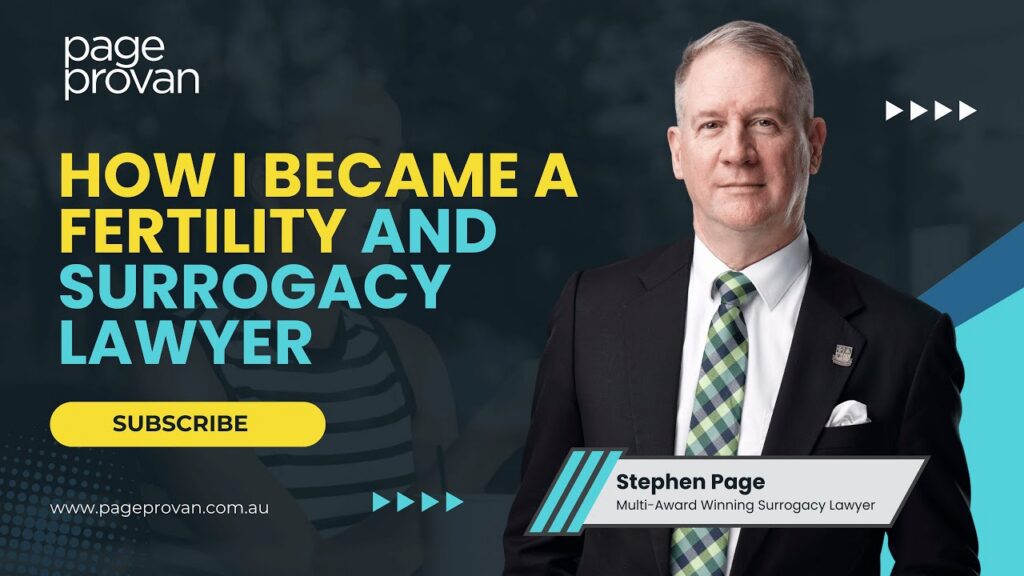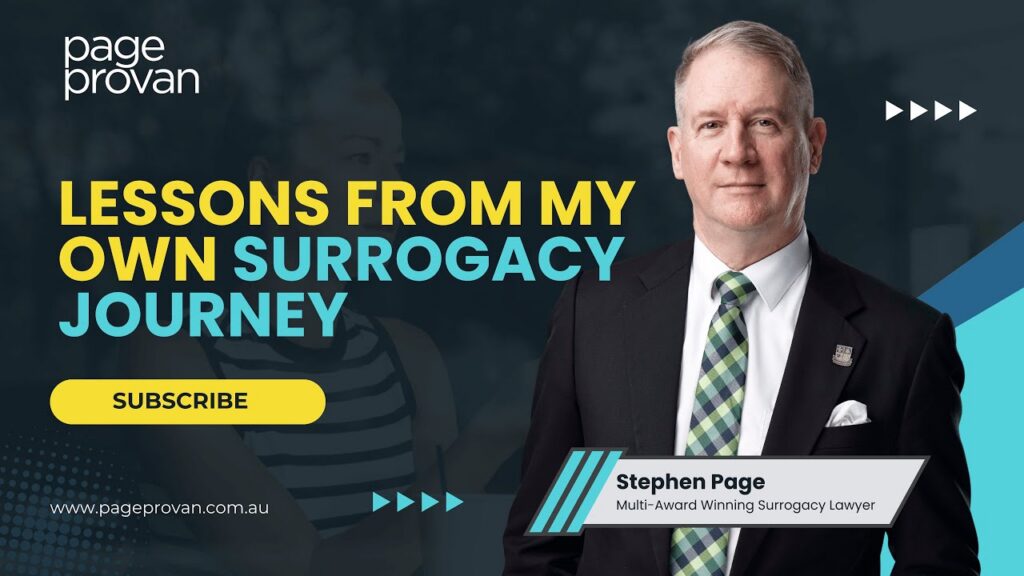Progress on Australian/NZ legal reforms
Hooray, at last, these changes will come…
For anyone who has had a family law court case, often one of the most powerful weapons in use is the subpoena. Sometimes it is amazing what documents reveal. To tell one old war story, there was the case where the father said in his affidavit that he was the prime carer of the children. My client, the mother, said that she was the prime carer. The husband’s security key log which I obtained on subpoena showed, very clearly, that on that point at least he was not telling the truth. If he was always at work, unlike Samantha from Bewitched, he could not be in two places at once.
The reality is that many Kiwis have moved to Australia, and a few of us have moved there too, especially when marriages have broken down. It has been frustrating that subpoenas have not been able to issue in one country and been enforceable in the other (especially when for example Auckland is less flying time from the eastern seaboard than is Perth). This problem now looks like it will change, according to this media release:
Robert McClelland, Australian Attorney-General, and Simon Power, New Zealand Minister for Justice, today met in Canberra to progress a range of measures aimed at harmonising trans-Tasman legal arrangements. Ministers discussed progress on the implementation of the Trans-Tasman Court Proceedings and Regulatory Enforcement Treaty, signed in July 2008. The Treaty includes a number of innovative measures, such as expanding the range of court judgments that can be enforced across the Tasman, and simplifying the related processes.
“I’m pleased that Australian legislation to implement the agreement will be introduced into Parliament this year. The priority we have attached to this legislation demonstrates the Rudd Government’s commitment to making it easier and more cost effective for Australian and New Zealand businesses and individuals to resolve disputes,” said Mr McClelland.
“Like Australia, the New Zealand Government also plans to introduce legislation this year to ensure the implementation of this important agreement is achieved quickly,” said Mr Power.
The Attorney-General also updated the Minister on the Law and Justice (Cross Border and other Amendments) Bill 2009, which the Government intends to introduce into the Australian Parliament this week.
The Bill will expand the Trans-Tasman subpoena scheme to family proceedings, meaning that family proceedings will be included in the range of proceedings covered by the cooperative scheme between Australia and New Zealand for the service of subpoenas.
Ministers also discussed work to enhance trans-Tasman cross-border insolvency arrangements, which is being led by the Australian Minister for Superannuation and Corporate Governance, Nick Sherry. Both countries have now passed legislation implementing the United Nations Commission on International Trade Law’s Model Law on Cross‑Border Insolvency, and will shortly be commencing an examination into the streamlining of trans-Tasman arrangements under the Model Law.
“The examination of trans-Tasman insolvency regimes will complement other personal insolvency reforms the Rudd Government is progressing in 2009 which aim to ensure Australia’s bankruptcy regime remains modern and well-equipped to address the challenges of the modern financial situation,” said Mr McClelland. Ministers will meet again next month at the Standing Committee of Attorneys-General meeting in Canberra, of which New Zealand is a full member.












